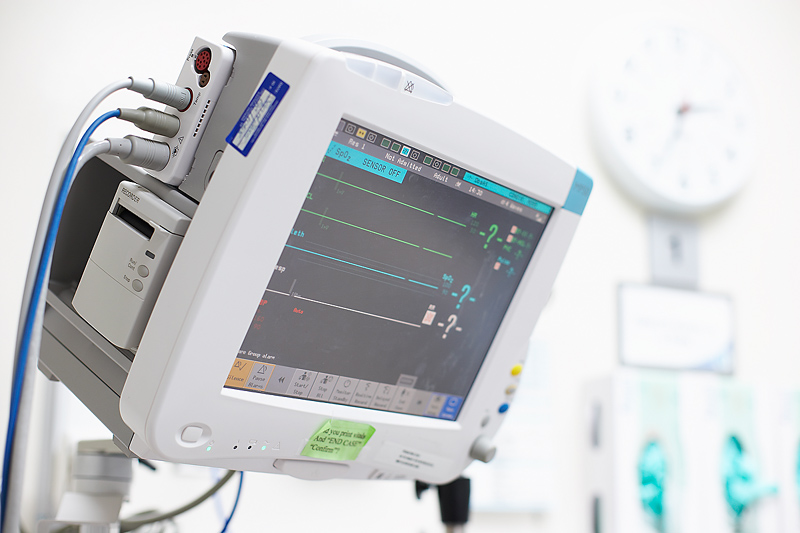
FRIDAY, Nov. 22, 2013 (HealthDay News) — Certain lifestyle factors may improve women’s chances of having a healthy pregnancy, according to a new study.
The researchers analyzed data from more than 5,600 women in England, Ireland, Australia and New Zealand to pinpoint lifestyle factors at 15 to 20 weeks of gestation that were associated with complication-free pregnancies.
Helpful lifestyle factors included eating fruit, having a healthy weight, having lower blood pressure, having a job, and stopping drug and alcohol abuse, according to the study, which was published Nov. 21 on the bmj.com website.
The findings suggest that encouraging women to make healthy choices before and during pregnancy “may increase the likelihood of normal pregnancy outcomes,” said Lucy Chappell, of the Women’s Health Academic Center of King’s College London, and colleagues.
Of the women in the study, 61 percent had an uncomplicated pregnancy. Fewer women in England and Ireland (58 percent) had an uncomplicated pregnancy than those in Australia and New Zealand (63 percent).
The most common pregnancy-related problems were babies who were too small for their gestational age (11 percent), high blood pressure (8 percent), preterm birth (4 percent) and a dangerous spike in blood pressure called preeclampsia (5 percent).
Among the potentially dangerous lifestyle factors that women can change (modifiable factors) were being overweight, having high blood pressure and the misuse of drugs, including binge drinking, the researchers said.
On the other hand, modifiable lifestyle factors that reduced the risk of problems were high levels of fruit consumption in the month before pregnancy and working at 15 weeks into pregnancy.
Lifestyle factors beyond women’s control that increased the risk of problems during pregnancy were poverty, having high blood pressure before pregnancy while taking birth control pills, a family history of high blood pressure during pregnancy and bleeding during pregnancy.
Although the study identified risk factors associated with pregnancy complications, it did not prove cause-and-effect relationships.
More information
The U.S. Office of Disease Prevention and Health Promotion outlines how to have a healthy pregnancy.
Copyright © 2026 HealthDay. All rights reserved.

